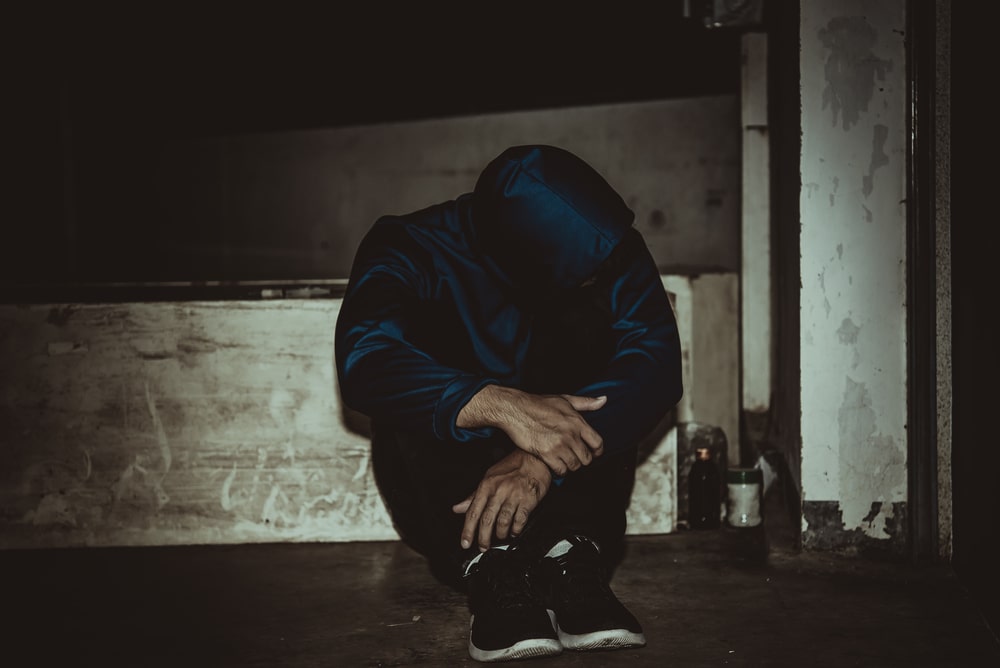
In 2017, the U.S. government declared opioid addiction a national emergency. Tragically, more than 130 people a day in the U.S. overdose from opioids and related drugs, like heroin. Addiction to heroin comes with a risk of both overdose and contracting deadly bloodborne diseases like HIV and hepatitis. Opioid drugs like heroin are powerful narcotics that change the brain’s neural pathways. Overcoming heroin addiction requires outside help, support, and medical intervention. During the detox and withdrawal timeline, having the support of doctors and therapists can make it easier to achieve initial sobriety.
Why does heroin dependence occur?
Repeatedly using heroin will change the way the brain on a fundamental level. When people become addicted to heroin, the hormonal and neuronal systems in the brain become imbalanced, and this imbalance is difficult to change. Studies on heroin users have found that the brain loses white matter. White matter is responsible for someone’s ability to evaluate situations and make long-term decisions. White matter also impacts someone’s ability to control their behavior or respond appropriately to stress.
Another issue that is unique to addiction disorder, but more profound with heroin abuse, is that heroin creates intense levels of tolerance and physical dependence in users. When people continuously use a drug or drink alcohol, they begin to develop a tolerance to that substance. This means they will need more and more of the drug to get the same desired effect. The brain and body start to adapt to certain levels of the drug. In heroin addiction, this phenomenon is referred to as “chasing the dragon.”
Users who are heavily addicted to heroin long-term won’t be able to get the powerful high they want, but they will suffer painful withdrawal symptoms if they cut back or abruptly quit the drug. When this happens, withdrawal symptoms occur. After quitting, heroin users go through withdrawal due to the body is attempting to cleanse itself of the drug. This is referred to as drug detox.
What are the physical and mental symptoms of heroin withdrawal and detox?
With heroin addiction, withdrawal symptoms can start in as little as a few hours after the individual last took heroin. There are many different withdrawal symptoms, and they range from the physical to the psychological. Going through heroin detox without outside support and medical help can be incredibly painful, long-lasting, and distressing.
Quitting cold-turkey without assistance from medical professionals is one of the hardest ways to attempt sobriety from heroin. For many who attempt cold-turkey detox from heroin, they will start on their journey to sobriety with optimism and hope. Unfortunately, withdrawal symptoms can become incredibly painful, with intense cravings to use. Many find it impossible to go through these symptoms without using heroin again. Even a small amount of heroin can offer some relief from the symptoms. Unfortunately, this puts the user right back to square one. The following physical and mental symptoms of heroin are common in most cases of detox:
The physical withdrawal symptoms tend to peak within a day or two after last use and usually subside over the course of a week. Many former heroin addicts describe detox and withdrawal as “the worst flu of their lives.” Emotional symptoms and cravings for heroin can last for months or years after cessation. This is one of the reasons why relapse occurs in recovering heroin addicts. They can be sober for months or years after withdrawals and then start using again. Relapse is a higher risk for people who don’t have adequate support after leaving detox and rehab.

What is heroin use disorder?
Relapse is a risk factor in any substance addiction, but with heroin, repeated, long-term use of the drug can result in heroin use disorder. This is a condition of chronic relapse that goes far beyond the usual physical symptoms of heroin tolerance and dependence. People with this disorder will exhibit uncontrollable drug-seeking behaviors, and engage in risk-taking despite the negative consequences.
People can use heroin in a few different ways. They can smoke the drug, snort it, or inject it. The way someone uses heroin can also impact the risk of getting heroin use disorder. With an injection, the drug can reach the brain much faster, changing the neural pathways much more quickly. Once someone develops heroin use disorder, finding new sources of heroin and getting high becomes their primary focus in life.
What happens during medical detox from heroin?

Heroin detox and withdrawals usually aren’t deadly, but they are incredibly painful. Attending a medically-assisted detox center can make the process more comfortable and reduce the risk of relapse. For most people on the path to recovery, their journey begins with attending a medically-assisted detox center before the bulk of rehab work begins. Not every addiction disorder requires medical detox. but in cases of heroin addiction where withdrawal symptoms are incredibly severe, and the risk of relapse particularly dangerous, then medically-assisted detox is often recommended.
Medical detox centers can be placed within a larger hospital setting or as part of an outpatient facility. Doctors, nurses, and therapists are staffed 24/7 to administer care to patients while they go through withdrawals. By detoxing in a medical center, patients have access to medical staff who can administer medications that will make the withdrawal timeline shorter and symptoms less profound.
After physical symptoms of withdrawal begin to subside, patients may then move on to an inpatient rehab center or attend outpatient recovery programs. Addiction may be a common disorder, but treatment for addiction must be customized and tailored to each person. What may work for one person’s recovery efforts may not be necessary in other cases. A person’s addiction history, circumstances, preferences, and medical history will all determine their path to recovery and how it will look.
Are you or a loved one struggling with addiction to heroin? Please reach out to us today at Mission Harbor Behavioral Health. Our representatives are standing by to answer your questions about addiction treatment and how we can help.
The facilities at Mission Harbor are staffed with trained experts to best assist patients with their mental health issues. We are capable of dealing with any and all cases with a licensed staff, equipment, and approved techniques. Our mission is to help those who want to help themselves, and we support your decision in seeking help.
Get Help Now
Alcohol addiction is extremely difficult to overcome on your own.. Seek specialized help and let professionals guide you in your recovery.

